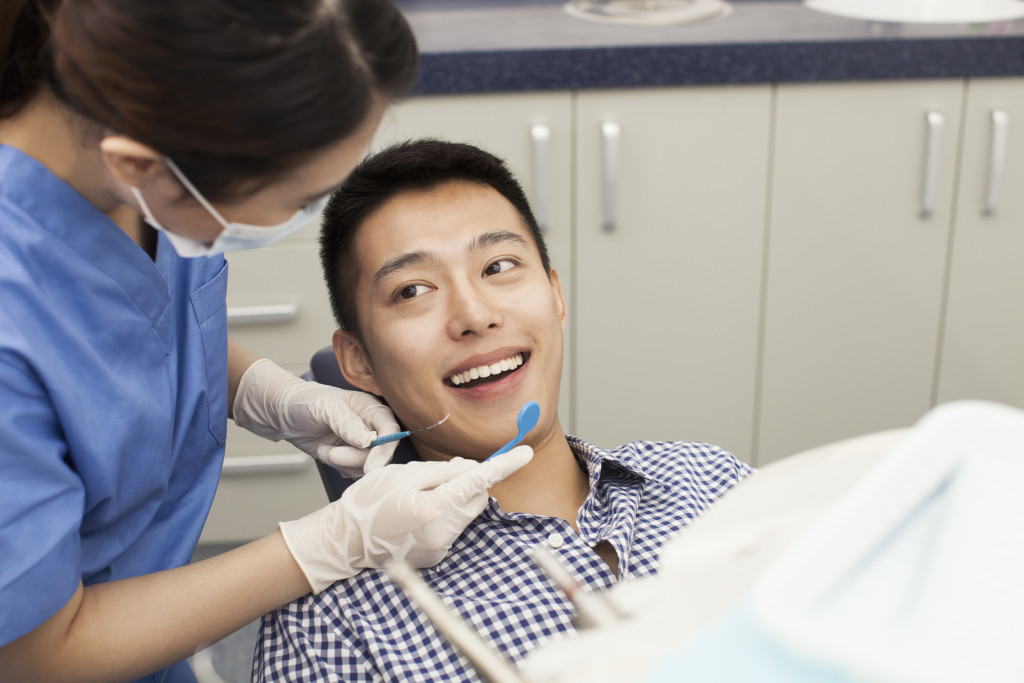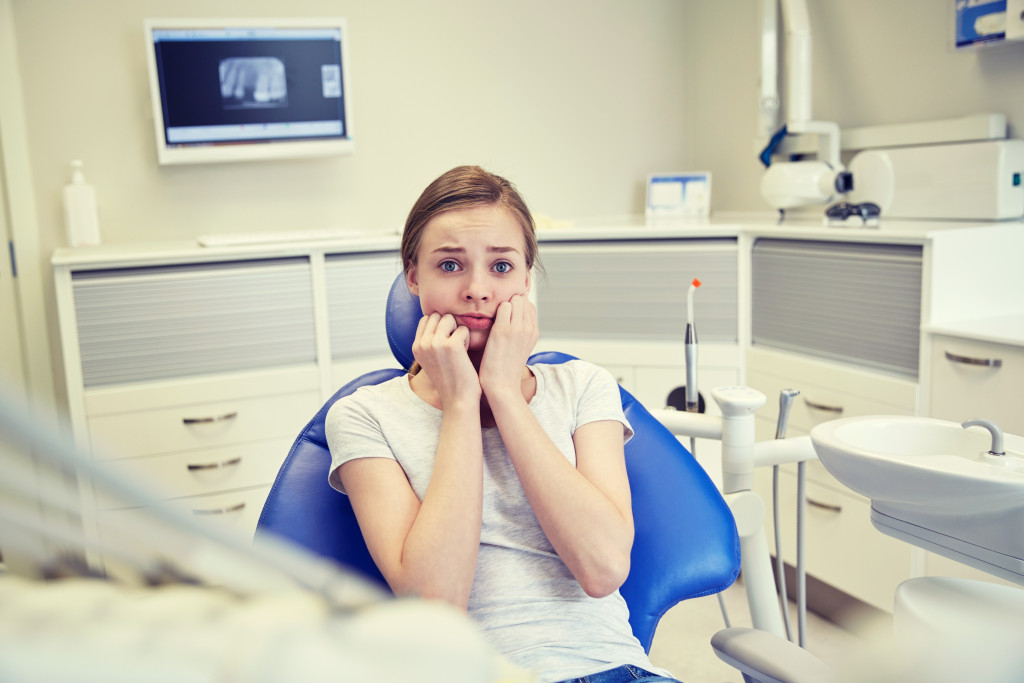Disclaimer: Miele Guide. This site provides fashion and lifestyle content for informational purposes only.
Do you sometimes hear a weird clicking or grinding noise when you eat or yawn? If so, you may be grinding your teeth. Teeth grinding, also called bruxism, is a common problem that can cause pain in your jaw, headaches, and even damage your teeth. Learn more about the causes, symptoms, and risk factors for teeth grinding below.
What is bruxism?
Bruxism is a condition in which people grind or clench their teeth. It can occur during the day or at night, and it often happens without people realizing it. For some people, bruxism may be caused by stress or anxiety. In contrast, it may be a side effect of taking certain medications for others. Bruxism can lead to several problems, including headaches, jaw pain, and damage to the teeth. In severe cases, it can even cause misalignment of the bite. Treatment for bruxism often involves lifestyle changes and oral appliances such as mouthguards. If bruxism is left untreated, it can eventually lead to serious dental problems.
Symptoms
The most common symptom of bruxism is a grinding or clicking noise when you chew. Other symptoms may include:
- Pain in the jaw
- Tension headaches
- Earache
- Pain in the face or neck
- Sensitivity of the teeth
- Damage to the teeth, such as chips, cracks, or wear
If you notice any of these symptoms, it’s important to see a dentist or orthodontist for an evaluation.
Causes of teeth grinding.
There are several different factors that can contribute to teeth grinding, including:
Stress or anxiety
One of the most common causes of bruxism is stress. When people are under a lot of pressure, they may unconsciously clench their teeth or grind them back and forth. This can lead to headaches, jaw pain, and even damage the teeth.
Misaligned teeth
Another common cause of bruxism is misaligned teeth. When the teeth are not correctly aligned, it can put extra stress on the jaw and lead to grinding.
Sleep disorders
Sleep disorders such as sleep apnea or snoring can also contribute to bruxism. These conditions can cause people to wake up frequently during the night, leading to teeth grinding.
Medications
Certain medications can also cause bruxism. Some of the most common offenders include antidepressants, antipsychotics, and stimulants. If you think your medicine is causing bruxism, talk to your doctor about other options.
Treatments for teeth grinding
If you think you may be grinding your teeth, the first step is to talk to your dentist. They can help you determine the cause of your bruxism and recommend the best treatment options. Here are the standard treatments for teeth grinding:
Oral appliances
 Oral appliances are one of the most common treatments for teeth grinding, also known as bruxism. The machine is worn during sleep and helps keep the teeth from coming into contact with each other. This can help to reduce grinding and minimize wear and tear on the teeth. Oral appliances are usually made of soft plastic or silicone and are custom-fitted to the wearer’s mouth. They are comfortable to wear and relatively easy to care for. For instance, a custom orthodontic splint is an appliance that is specifically designed to relieve the symptoms associated with teeth grinding and clenching. It is very effective in reducing the intensity and frequency of muscle spasms and also helps to minimize grinding sounds.
Oral appliances are one of the most common treatments for teeth grinding, also known as bruxism. The machine is worn during sleep and helps keep the teeth from coming into contact with each other. This can help to reduce grinding and minimize wear and tear on the teeth. Oral appliances are usually made of soft plastic or silicone and are custom-fitted to the wearer’s mouth. They are comfortable to wear and relatively easy to care for. For instance, a custom orthodontic splint is an appliance that is specifically designed to relieve the symptoms associated with teeth grinding and clenching. It is very effective in reducing the intensity and frequency of muscle spasms and also helps to minimize grinding sounds.
Lifestyle changes
While there are a variety of treatments available, making lifestyle changes is often the best way to reduce the severity of symptoms. Some simple lifestyle changes that can help reduce teeth grinding include avoiding caffeine and alcohol, quitting smoking, managing stress, and getting enough sleep. In addition, try to avoid chewing gum and eating hard foods, as these can aggravate bruxism symptoms. Making these changes can be difficult, but they are often necessary to reduce the severity of teeth grinding.
Mouthguards
One of the most common teeth grinding treatments is wearing a mouthguard. Mouthguards are appliances worn over the teeth to protect them from damage. They can be custom-made by dentists or bought at drugstores. There are two main types of mouthguards: over-the-counter mouthguards and custom-fitted mouthguards. Over-the-counter mouthguards are less expensive but may not fit as well as custom-fitted ones. Custom-fitted mouthguards are more expensive, but they will be more comfortable and effective in preventing teeth grinding.
Final Thoughts
Teeth grinding is a common problem that can cause a variety of symptoms. If you think you may be grinding your teeth, talk to your dentist about the best treatment options. There are several different treatments available, and the best one for you will depend on the severity of your symptoms. Do you have any symptoms? Talk to your dentist today!
